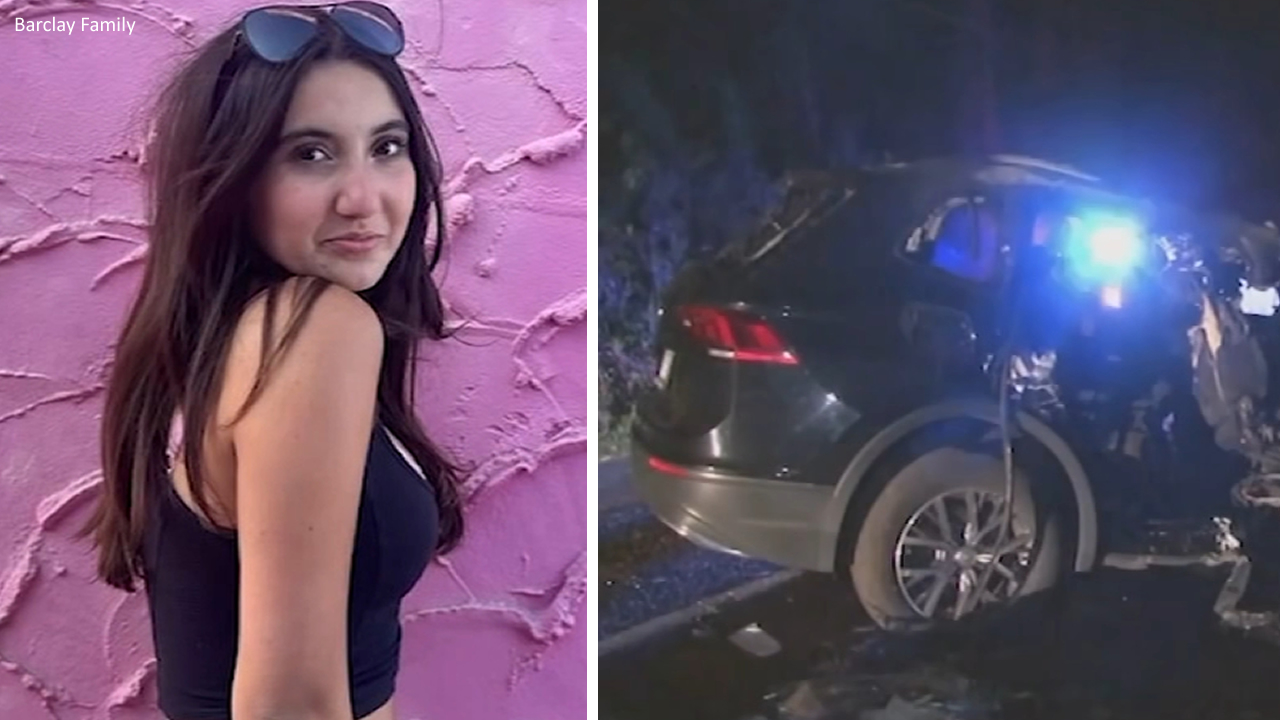San Francisco installs $224M net to stop suicides off Golden Gate Bridge

SAN FRANCISCO (KGO) -- A $224 million plan to try and deter suicides along San Francisco's Golden Gate Bridge has been completed.
A physical suicide barrier, or suicide net as it has been called has now been installed on both sides of the Golden Gate Bridge.
Suicide Prevention: Local resources for those in crisis
From a distance you don't notice it, but look closely, just below the sidewalks on both sides of the Golden Gate Bridge, and you'll see a net.
"It provides people a second chance," said Paolo Cosulich-Schwartz of the Golden Gate Bridge Highway and Transportation District.
It's a steel net, one that if it had existed then, may have caught Kevin Hines when he jumped of the Golden Gate Bridge many years ago. A move that he says he instantly regretted. Hines though was one of the few who survived crediting the Coast Guard, doctors, and a sea lion that he named Herbert for saving him. He believes the steel net would have been a difference maker in his case.
"I would have hesitated; I believe with enough time for patrol officers to wonder why is that kid just standing there leaning over the rail crying his eyes out," said Hines.
MORE: Second Chances: 'I survived jumping off the Golden Gate Bridge'

"People that come to the bridge to harm themselves are in a tremendous amount of pain, they want to escape pain, a fall into the net is one that will be painful; it is stainless steel, it's a 20 foot fall, it will be incredibly painful and may cause injury," said Cosulich-Schwartz who admits that the steel net might not stop all jumps - last year there were 14 suicides here, well below the 30 that are usually seen at the Golden Gate Bridge each year.
But some have questioned the project, one that cost $224 million.
"I have not seen convincing evidence that we're actually going to be saving that many lives or that the several hundred million invested this way was the best way of saving the most lives," said Dr. John Kruse.
MORE: I-Team Exclusive: Record number of suicides from Golden Gate Bridge
Dr. Kruse wrote a column in Clinical Psychiatry News where he questioned the lack of data on regional suicide rates after these types of measures have been put into place, saying he is doubtful that those working so hard to get to a location like the Golden Gate Bridge, just won't go somewhere else.
"It does not seem on the face of it logical to me to say that someone that determined to die is only determined to die because the Golden Gate Bridge has such a magnetic draw," said Dr. Kruse.
Still though, survivors and family members of victims lost to the bridge are overjoyed by this net.
"I'm grateful of every moment and every day to walk this earth and I think all the people involved in raising the net are cheering internally right now and very grateful for this accomplishment," said Hines.
Ninty-five-percent of the barrier is up along the 1.7 mile bridge with just temporary work left in the remaining areas.
For more details on the new suicide deterrent system, visit here.
For more details on Kevin Hines, visit here.
For more of what Dr. John Kruse had to say about this, visit here.
If you are experiencing suicidal, substance use or other mental health crises please call or text the new three-digit code at 988. You will reach a trained crisis counselor for free, 24 hours a day, seven days a week. You can also go to 988lifeline.org.
If you're on the ABC7 News app, click here to watch live














